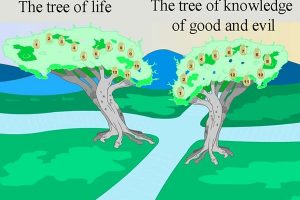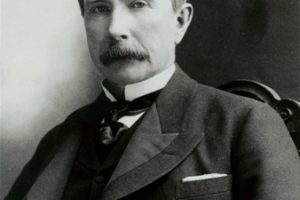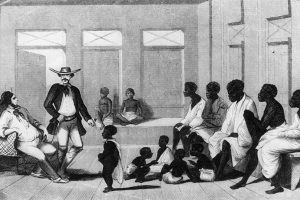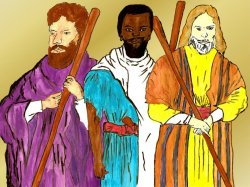What is a bank?
 A bank is a well organized system which plays the role of an intermediary, (being the intermediary who stands between the investors and the working class) in a community or a society.
A bank is a well organized system which plays the role of an intermediary, (being the intermediary who stands between the investors and the working class) in a community or a society.
A bank also works as designed system through which money flows or bounces back and forth from the average (working class) of people in the community to the Most financial institutions which are highly regulated by the stock market or government.
Different types of loans given unto the people by the bank:
Through the bank; The money which comes from the investors is transformed into loans (loans given to help people start their business), funds, school loans, mortgages, finance policies which enables people to buy things on finance or credit, all these different types of loans are invested into the bank by the investors.
Investors investing their money inform of bank loans:
The bank also plays the role of investing the money which the bank customers deposit in their savings accounts, current accounts, business accounts etc.
for example; all the money which is deposited in the bank becomes the same money which is barrowed out and used by the business investors, money lenders, bank loans etc
The word Bank means; the place where physical energies of work are changed or converted into currency, numbers or money, (People’s salaries and incomes are paid unto them via the bank and tax reduction taken from the people’s salaries is also done by the bank).
This same word “bank” also means; to submit under a system of counting, where a person’s is life is given a number or numbered via the systematic ways of monopolizing finance.
In the olden or ancient days, a bank was a table where merchants, tax collectors and traders did their business transactions (where goods, slaves, currency, lands and ownership were converted into money).
Currency or money– is the physical system of counting or number which gives someone the right to buy and sell.
The people brought their assets, talents, physical possessions and lands to the bank or table of exchange for the sake of converting them into money,
so that the people may be able to buy their necessities (food, clothes, pay rent, pay their loans, pay the material things which they have bought on finance etc…).
By Apostle A. Ngabo







